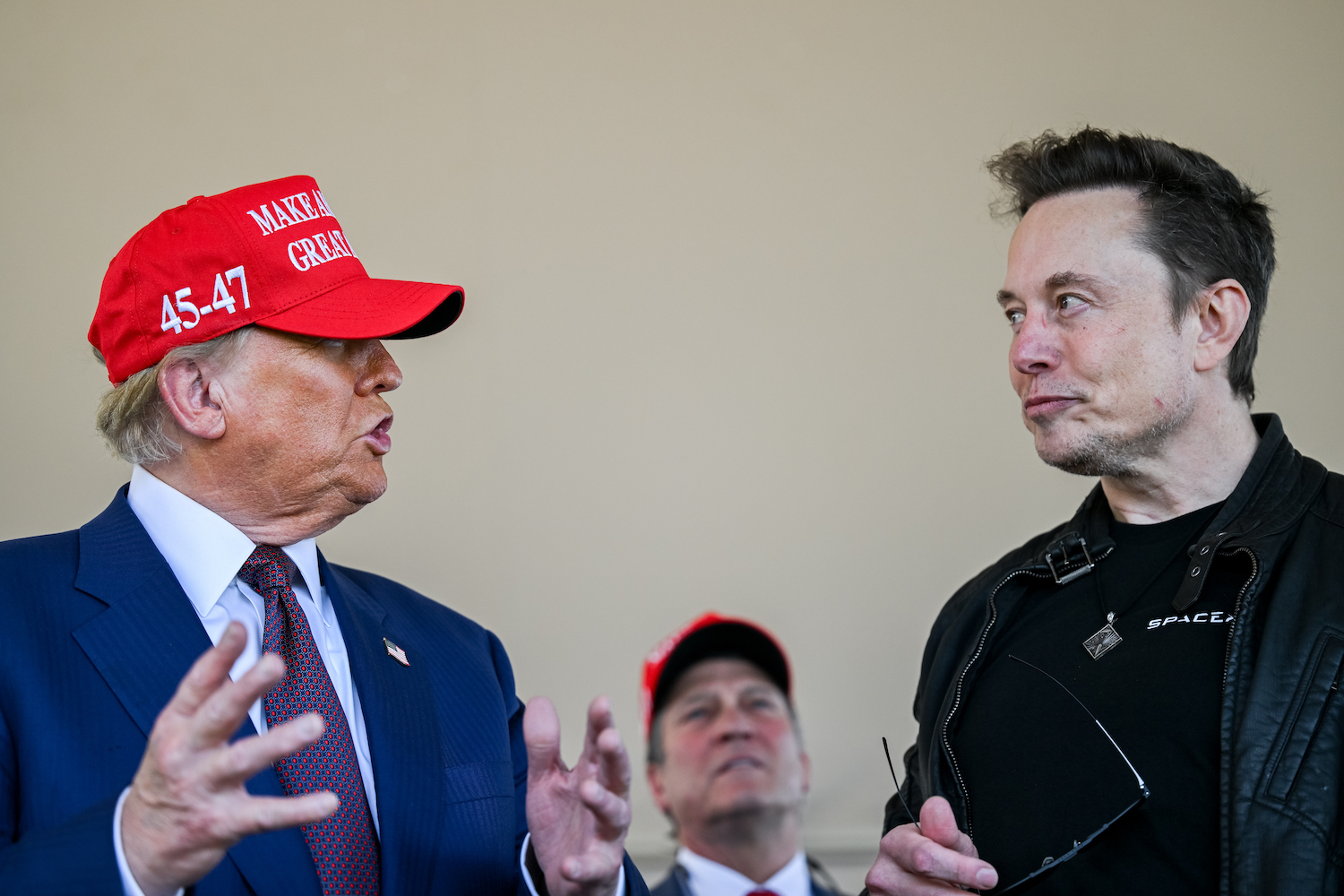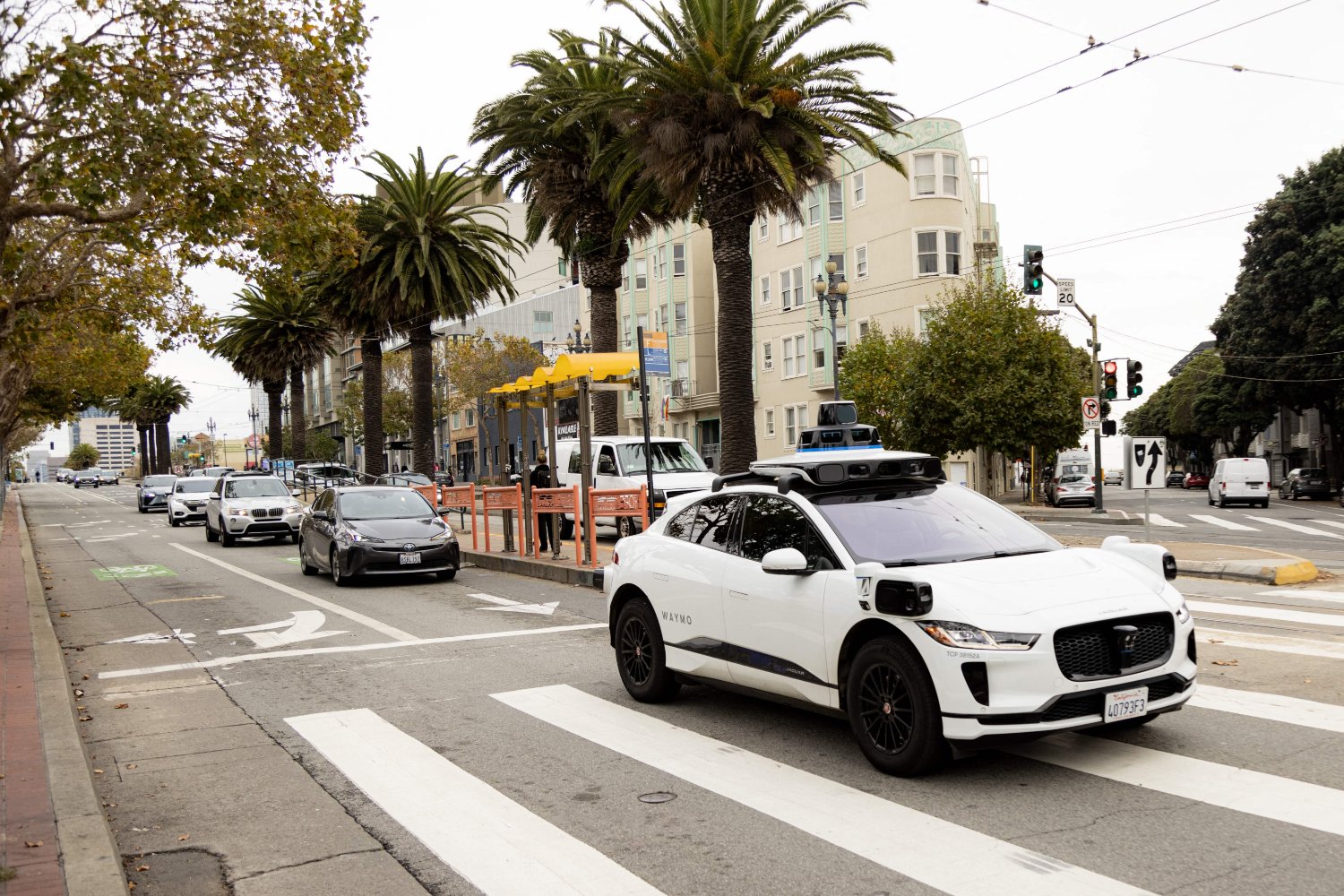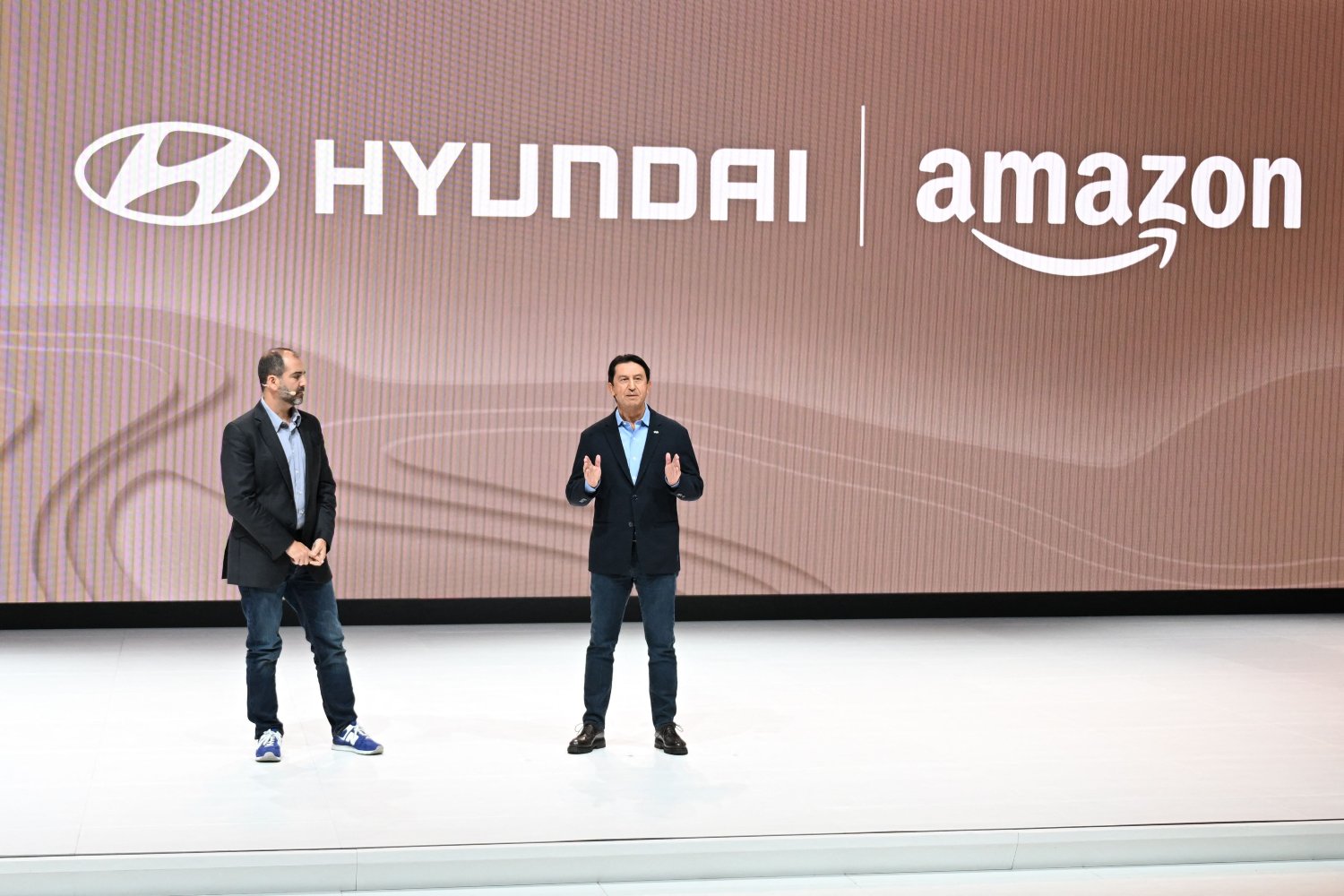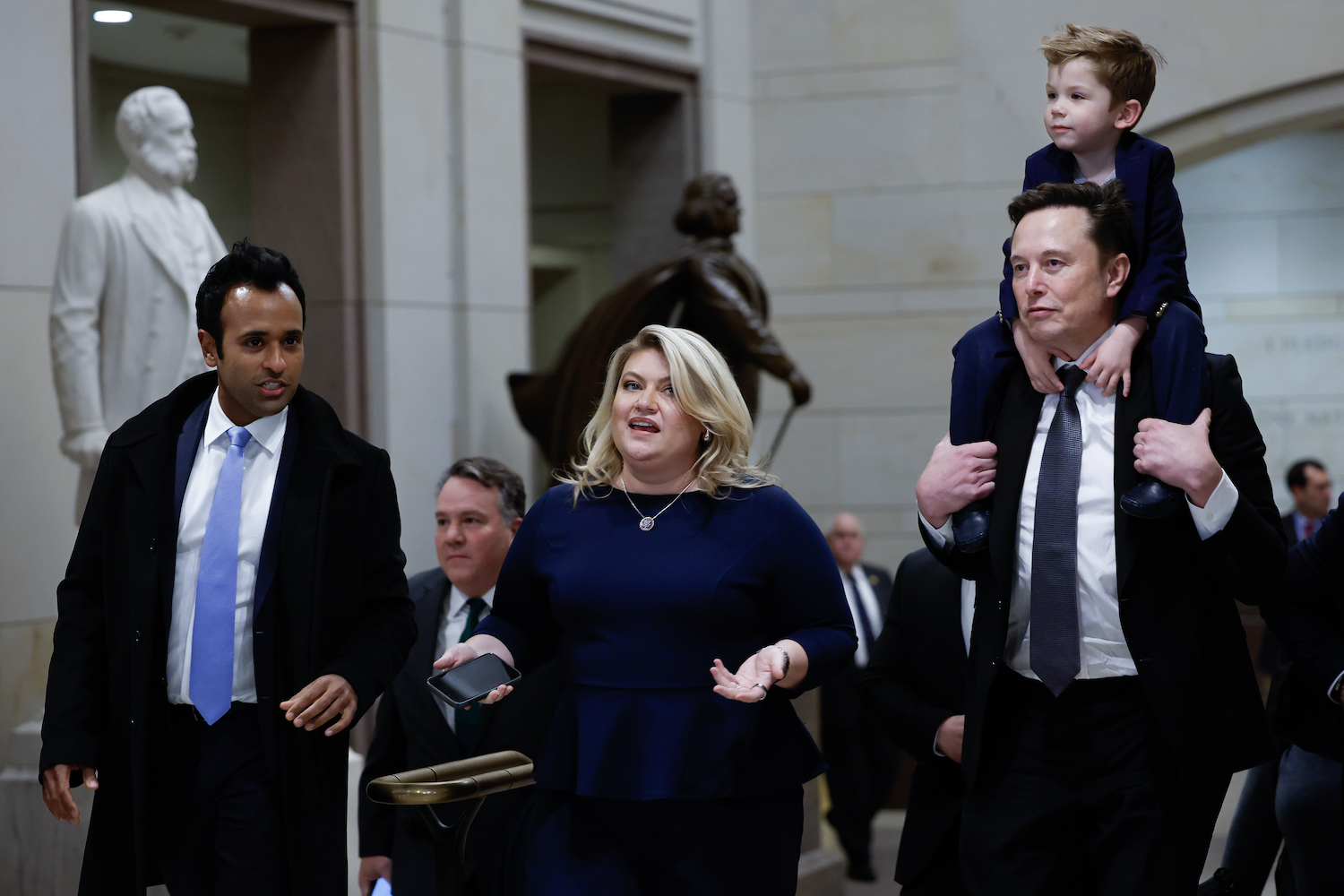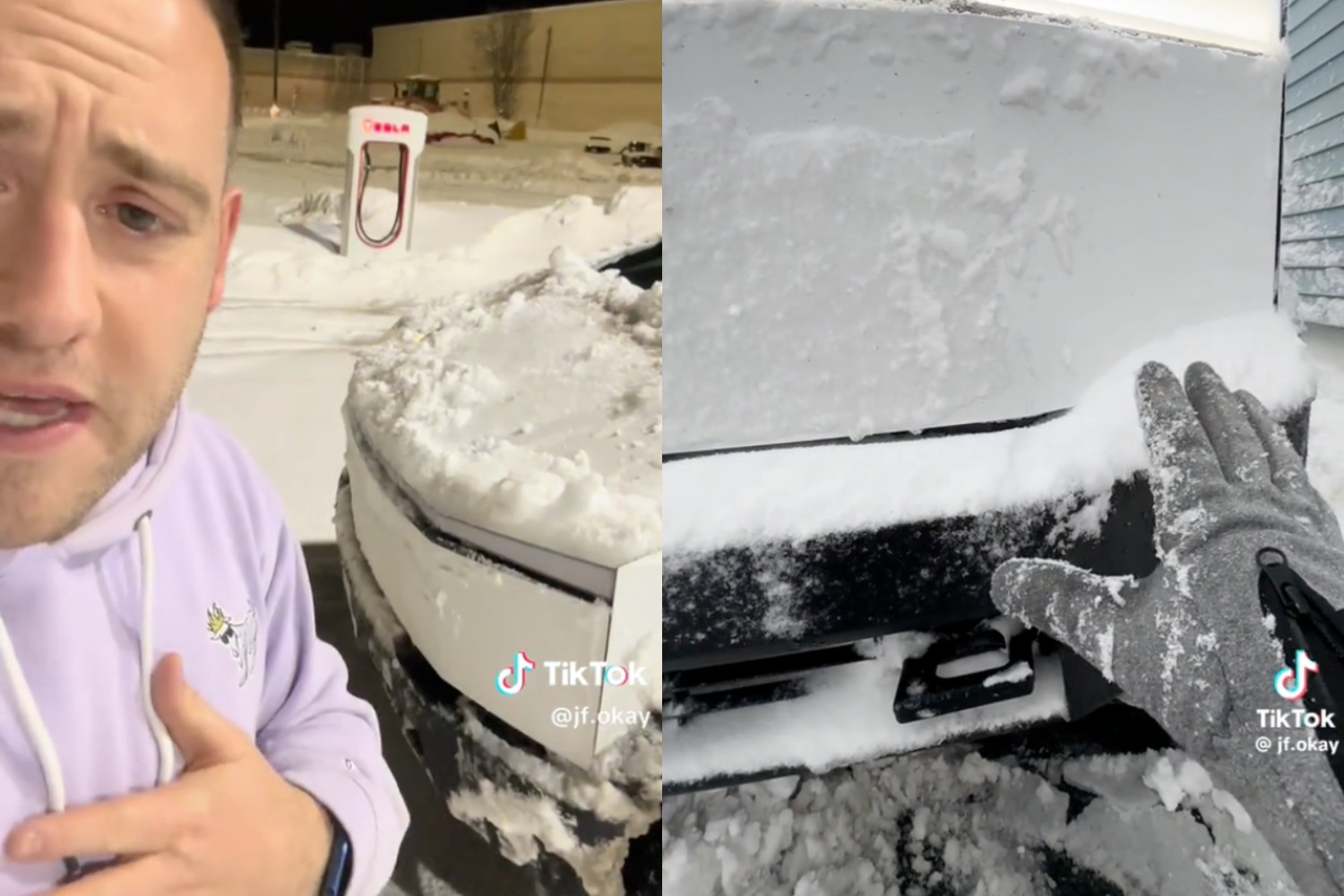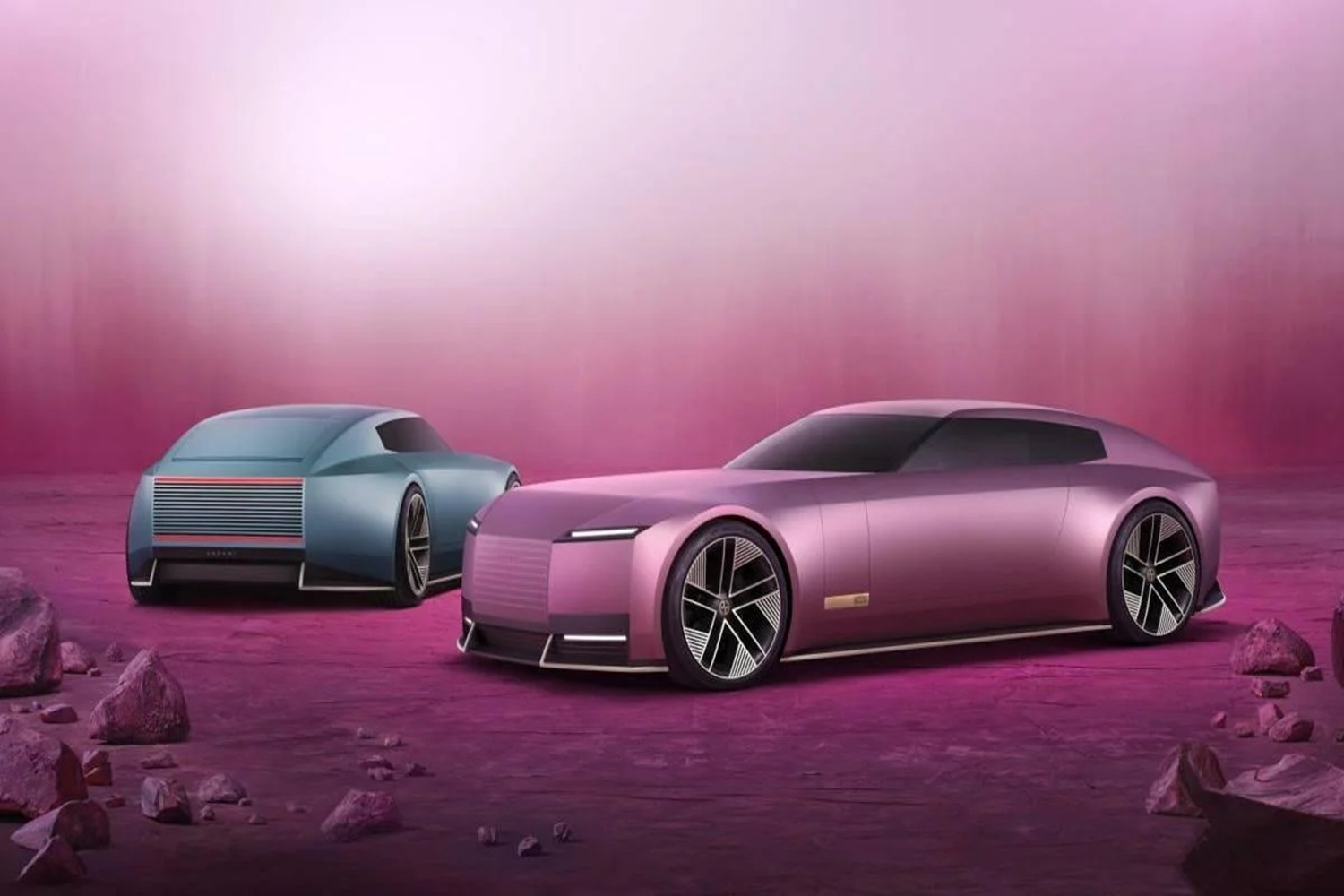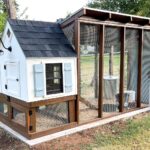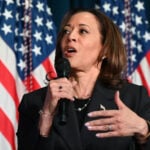Tesla is facing its second major U.S. recall in as many months. The EV maker was forced to recall 356,309 Model 3 sedans and 119,009 Model S vehicles this week over potentially dangerous functionality issues with the vehicles’ rearview camera and the front hood according totwo National Highway Traffic Safety Administration alerts. Combined, those 475,318 impacted vehicles are about equivalent to Tesla’s total number of vehicles delivered to customers last year, Bloomberg notes.
The NHTSA says the rearview camera harness on Model 3 vehicles may receive damage when users open and close the trunk, which could ultimately prevent drivers from being able to access their rearview camera image. The Model S issue meanwhile involved a misaligned latch in the front trunk that the NHTSA says could prevent it from engaging. The camera issue affects vehicles made between 2017-2020 while the front trunk issue affects those made between 2014-2021.
Tesla did not immediately respond to Gizmodo’s request for comment.
The dual end of the year recalls come just one month after another major Tesla recall and amid an investigation by the NHTSA over Tesla’s Passenger Play feature which allegedly let some drivers play video games even while in motion. (Tesla changed the functionality of Passenger Play to prevent drivers from playing the games days after the NHTSA opened its preliminary investigation). Before that, Tesla found itself on the receiving end of another federal investigation into its Autopilot driver assistance feature following a spate of crashes with first responder emergency vehicles.
It’s worth noting that not all recalls are necessarily created equally during the age of over-the-air software updates. In the analog past, a recall would have meant drivers pulling thousands or hundreds of thousands of vehicles off the roads to send them into a repair shop or local dealership. That’s still needed for some issues, but increasingly, the types of technical glitches and screw-ups associated with the quickly evolving tech inside of these vehicles can more efficiently and easily be solved remotely.
That was the case earlier this year when Tesla issued a recall of 11,704 vehicles over a software glitch that resulted in unwanted automatic braking. That’s still undoubtedly a potentially dangerous malfunction worthy of a recall, but Tesla was able to patch it through an update much like a bug fix on an app.
All that said, it’s unclear if that same technique could apply to the most recent pair of recalls. In both the Model and Model S cases, the recalls appear to involve the physical parts of the Tesla vehicles that may require actual in-personal repair or replacement. The NHTSA declined to comment one way or another on the specific of how Tesla would go about addressing the recall.

